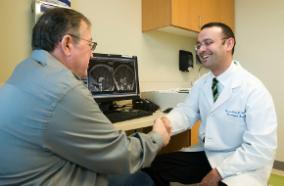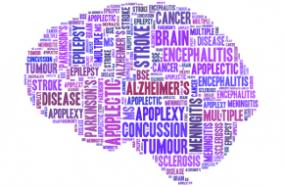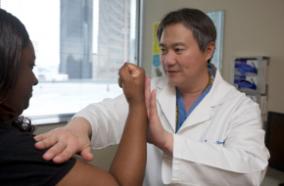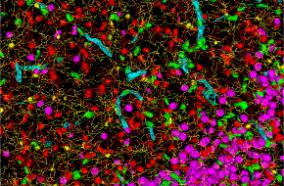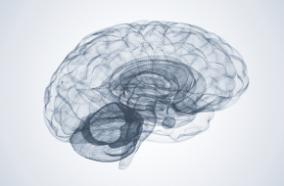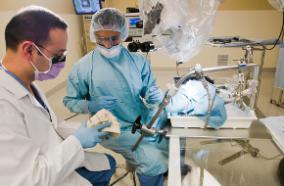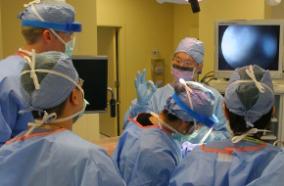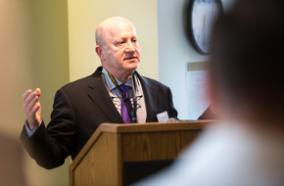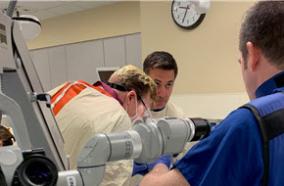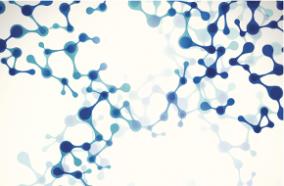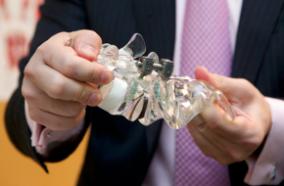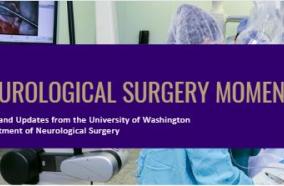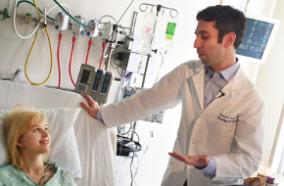Concussion is another word for mild traumatic brain injury. A bump on the head, or a shaking of the head strong enough to cause what is known as whiplash, can temporarily interfere with the brain’s function. This can affect memory, concentration, speech, balance or coordination. There are a wide range of symptoms that may occur as a result of a concussion. The Centers for Disease Control, a government health agency, estimates that almost 4 million sports and recreation concussion occur each year in the U.S. alone.
Most concussions very minor and do not involve blacking out or having a loss of consciousness. Every concussion, even if small, needs rest to heal properly.
Headache is the most common symptom associated with concussions. In most cases, these headaches are mild to moderate in severity. However, some athletes have severe headaches that interfere with their daily lives. In these cases, your health-care professional may prescribe headache medications to help.

Symptoms of a concussion include:
Headache
Neck pain
Nausea and vomiting
Light sensitivity
Sleep pattern changes
Feeling “not like yourself”
Dizziness
Problems with concentrating
Memory problems
Noise sensitivity
Personality changes
Fatigue
Causes
Any bump on the head, or a shaking of the head strong enough to cause what is known as whiplash, can temporarily interfere with the brain’s function.
Frequently, contact sports, such as football or soccer, can expose athletes to the risk of concussion. But skateboarding and individual or recreation activity can also involve risks. Any athlete who has had a previous concussion is at increased risk for any additional concussions.
Concussion is usually diagnosed with a combination of symptoms and observation by a medical professional. There are some tests of brain function, known as neuropsychological tests, which can be done to evaluate patients. MRI and CT scan are sometimes used to rule out bleeding in the brain but are usually normal in concussions.
Athletes with suspected concussions are immediately removed from play or practice and evaluated by a medical professional. This is to prevent worsening of symptoms and to prevent a rare but potentially devastating injury known as second-impact syndrome. This condition almost always results in death or permanent disability.
Athletes and others with concussion need to rest and find ways to avoid activity that might expose the brain to further injury. This means limiting exercise and sometimes this is hard for active teens.
Most patients should avoid exercise of any kind, and sometimes this is hard to manage with an active teen. Even simple play, such as wrestling with a younger brother or sister, or riding a skateboard, could be dangerous. We know that both physical and mental activity can worsen the symptoms of concussions and can prolong the recovery time. This is one reason that your health-care professional might recommend you avoid exercise and even the mental exertion of school work.

